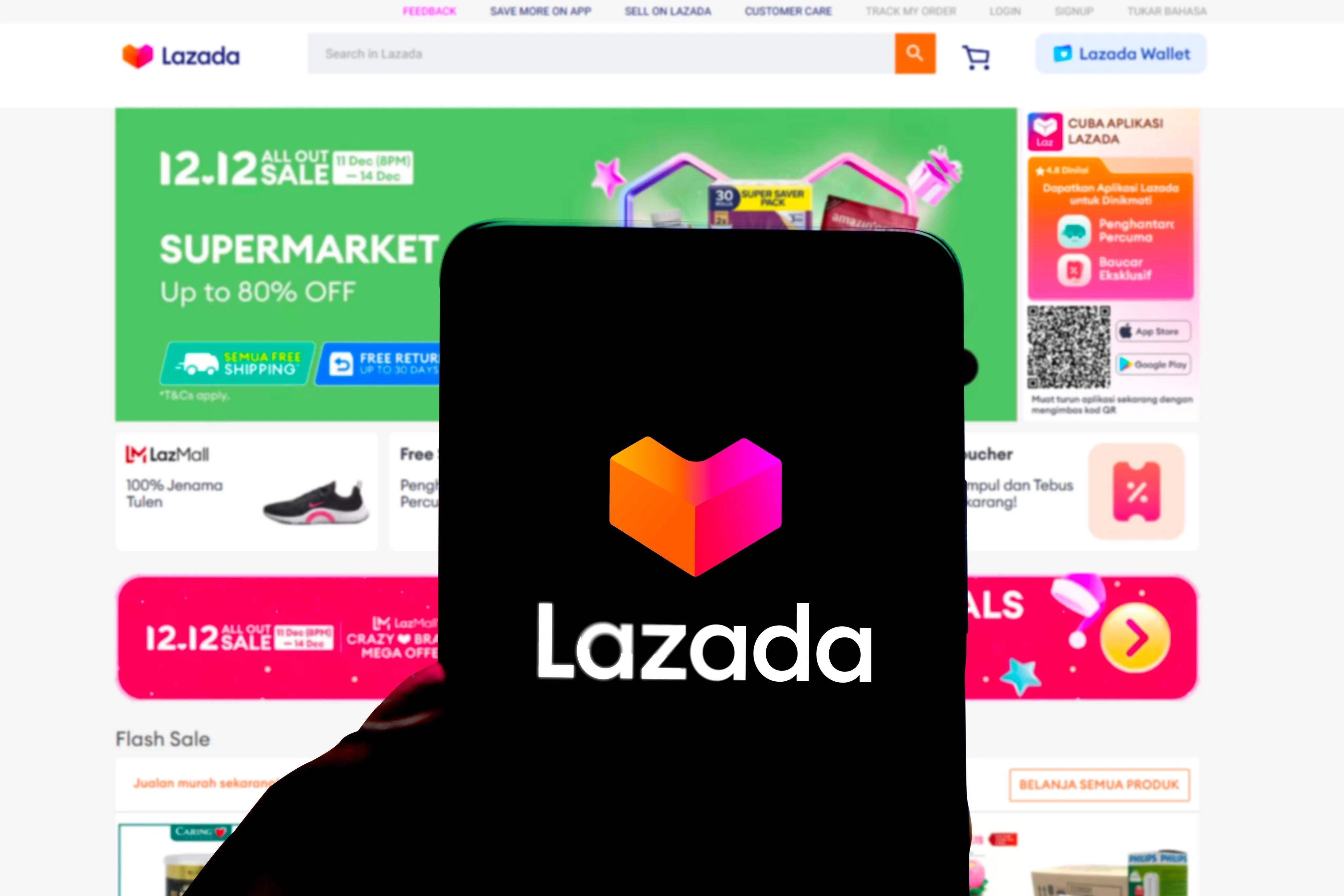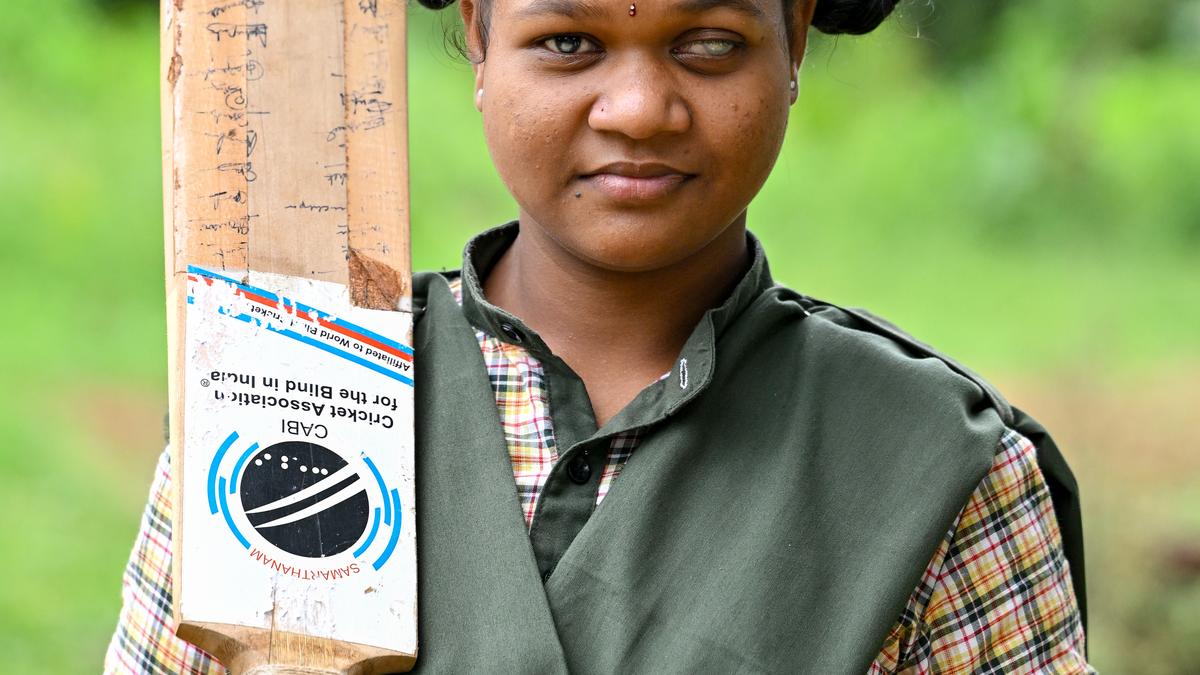By Coco Feng
Copyright scmp

Alibaba Group Holding is looking to ramp up its cross-border e-commerce strategy by getting merchants on its premium Tmall shopping site to sell to consumers in Southeast Asia through subsidiary Lazada.
“This is the first time that Tmall has established a direct connection to Lazada’s platform to facilitate the seamless onboarding of sellers,” a representative from Singapore-based Lazada said on Tuesday, adding that this initiative started last month. Alibaba owns the Post.
The cross-border e-commerce expansion for invited Tmall sellers will not require them to set up a new store, hire local teams or manage logistics.
“Once they send their products to a designated China-based warehouse, Lazada will manage the rest end-to-end: from logistics, cross border customs clearance to sales and post-sales customer service in the local languages,” the Lazada representative said.
Lazada will handle store listings across Singapore, Malaysia, Thailand, Vietnam and the Philippines by leveraging its artificial intelligence capabilities, according to the representative. That would cover AI-translated product information and reviews to local pricing adjustments, including foreign currency exchange, local taxes and sales margins.
A number of global brands, including audio electronics firm Harman International and sports equipment company Spalding, have already signed up to the invite-only initiative, according to Lazada.
The new programme for Tmall merchants reflected Alibaba’s commitment to bring a wider array of products to Southeast Asia’s internet economy – a market that is forecast to reach more than US$330 billion this year, according to data from the US International Trade Administration.
“This also aligned with Lazada’s vision to help merchants build a long-term brand presence in Southeast Asia, which has 160 million active consumers,” the Lazada representative said.
Before that initiative, Alibaba launched in June a Thai version of the Taobao shopping app, after Russian and English versions were introduced, respectively, in May and in September 2024.
In July last year, Alibaba introduced free shipping for eligible apparel merchants on Taobao and Tmall to sell in six markets outside the mainland. This project was later extended to cover other categories, including electronics and cosmetics, in 10 markets.
“In terms of logistics, Lazada will ensure smooth cross-border delivery and customs clearance, while also covering return costs – customers only need to return refunded items to a local warehouse in their own country,” the representative said. “Additionally, merchants are automatically included in Lazada’s mega sales campaigns, maximising visibility and sales opportunities without additional effort.”
After a certain period of operation, Tmall merchants who want to engage directly with shoppers in Southeast Asia have the option for more hands-on management of their stores, with Lazada providing overseas warehousing, according to the representative.
Still, e-commerce competition in Southeast Asia remains fierce.
Lazada last year ranked third in the region, with a 14 per cent market share, according to Singapore-based research firm Momentum Works. The Alibaba subsidiary was behind market leader Shopee and TikTok Shop, which had shares of 52 per cent and 18 per cent, respectively.
Alibaba’s Hong Kong-listed shares closed nearly 1 per cent lower to HK$153.50 on Tuesday.



